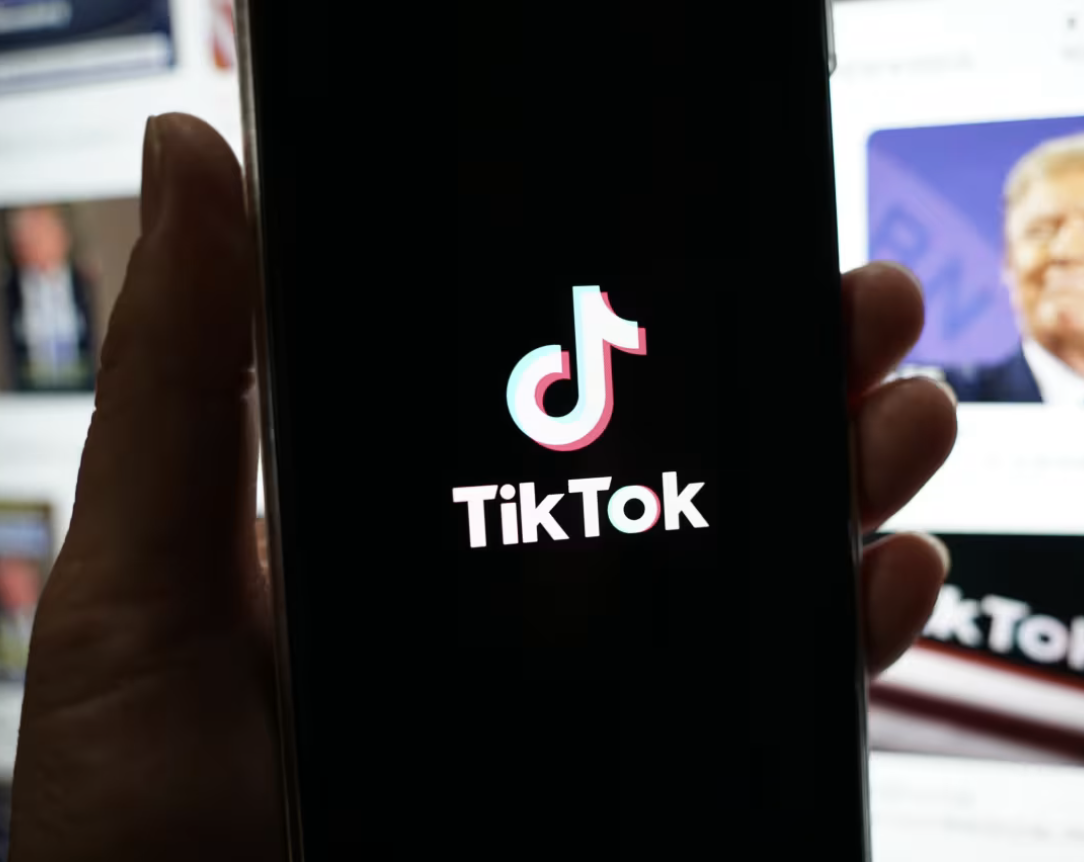By: The Editorial Board – wsj.com – December 31, 2024
He wants the Supreme Court to treat him as if he’s already President.
That’s the essence of Mr. Trump’s amicus brief filed Friday in TikTok v. Garland, which the Supreme Court will hear on Jan. 10. The President-elect implores the Justices to give him a chance to apply his “dealmaking” skills to rescue TikTok from the Foreign Adversary Controlled Applications Act that passed Congress in April.
***
The brief is extraordinary in several ways, none of them good. The law bans TikTok in the U.S. if it doesn’t divest from its Chinese owner ByteDance by 270 days from its enactment. The deadline happens to fall on Jan. 19. Mr. Trump wants the Court to treat him as if he’s already President before he’s inaugurated.
Yet until he takes the oath of office on Jan. 20, Mr. Trump is for legal purposes a private citizen. The Court has already denied the request by TikTok and ByteDance for a stay of the law, choosing instead to rule on the merits. To grant Mr. Trump’s request for a stay now would set a bad precedent that invites future incoming Presidents to interfere in pending Court cases.
Mr. Trump is also in essence asking the Justices to let him rewrite a law he doesn’t like. But Congress debated TikTok for years before it finally acted in bipartisan fashion. The law carefully balances national security and First Amendment concerns and passed the House 360-58 and Senate 79-18.
The President-elect nonetheless argues that “whether Congress may dictate a particular outcome by the Executive Branch on such a significant, fact-intensive question of national security raises a significant question under Article II.” But the law doesn’t handicap the President’s power to respond to national-security threats. It strengthens it.
The law sets out a process that future Presidents can use to restrict other platforms controlled by foreign adversaries. Congress wanted to give Presidents power to combat security threats as they arise. Mr. Trump complains the law ties his hands on TikTok but not other platforms. But Congress singled out TikTok in this law to provide a prompt resolution to its specific national-security concerns.
Those concerns are significant and were vetted in Congress. They include that Chinese law says ByteDance must turn over the personal data of TikTok’s users to the ruling Communist Party on demand. Evidence also suggests that TikTok has manipulated algorithms to suppress content politically sensitive to Beijing and to amplify division in the U.S.
An ideologically diverse panel of the D.C. Circuit Court of Appeals examined these questions and unanimously ruled in December against TikTok. It dismissed First Amendment arguments because the law doesn’t discriminate by content or viewpoint. The case the High Court is hearing is an appeal of this D.C. Circuit ruling.
The law does allow for the sitting President—in this case Mr. Biden—to grant a 90-day delay on divestiture. But that is only if the President certifies that “significant progress” has been made on divestiture and more time is needed to complete it. The law doesn’t contemplate that a new President could come in and stop divestiture on his command.
Yet Mr. Trump instructs the Court that he deserves this power because he won the election and is a wizard on social media. Really, that’s his claim. His brief says he has special standing to represent the interests of some 170 million American TikTok users because he founded the “resoundingly successful social-media platform, Truth Social” and is “one of the most powerful, prolific, and influential users of social media in history.”
The brief adds with trademark puffery that “President Trump alone possesses the consummate dealmaking expertise, the electoral mandate, and the political will to negotiate a resolution to save the platform while addressing the national security concerns expressed by the Government—concerns which President Trump himself has acknowledged.”
At least that last point is right. Mr. Trump tried to force TikTok’s divestiture in his first term but was blocked by the courts. Why has he changed now? The brief implies that it’s because TikTok helped him win. He and his aides have been touting his success on TikTok since the election. Mr. Trump’s last-minute intervention to save TikTok will no doubt be received well in Beijing, which by the way bans U.S. social-media platforms.
One last legal point: Mr. Trump’s brief is signed by John Sauer, his nominee to be Solicitor General. But the SG isn’t supposed to be Mr. Trump’s personal attorney, and Mr. Sauer’s brief won’t help his credibility with the Justices if he is confirmed by the Senate. We trust the Justices will ignore this amicus sophistry.
To see this article in its entirety and to subscribe to others like it, please choose to read more.
 Listen Online
Listen Online Watch Online
Watch Online Find a Station in Your Area
Find a Station in Your Area









 Listen Now
Listen Now Watch Online
Watch Online
